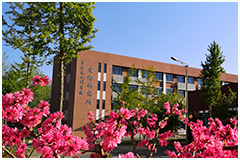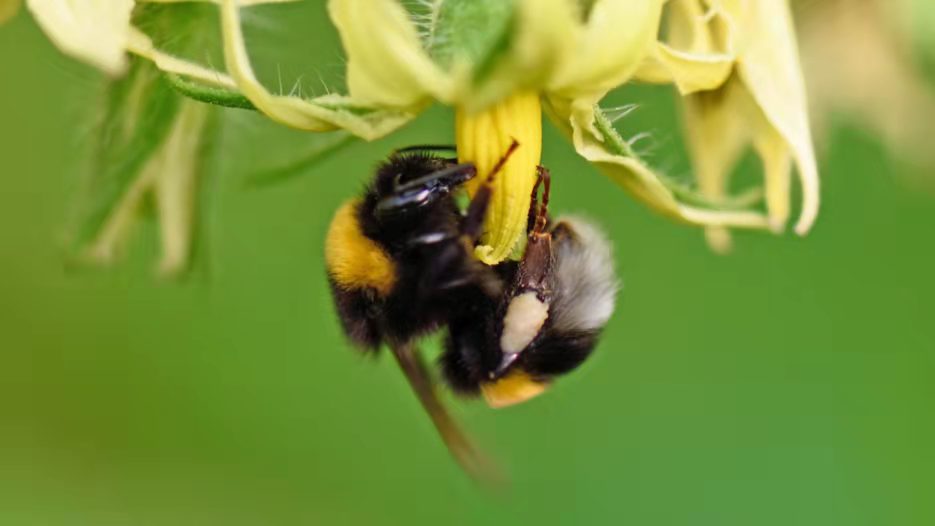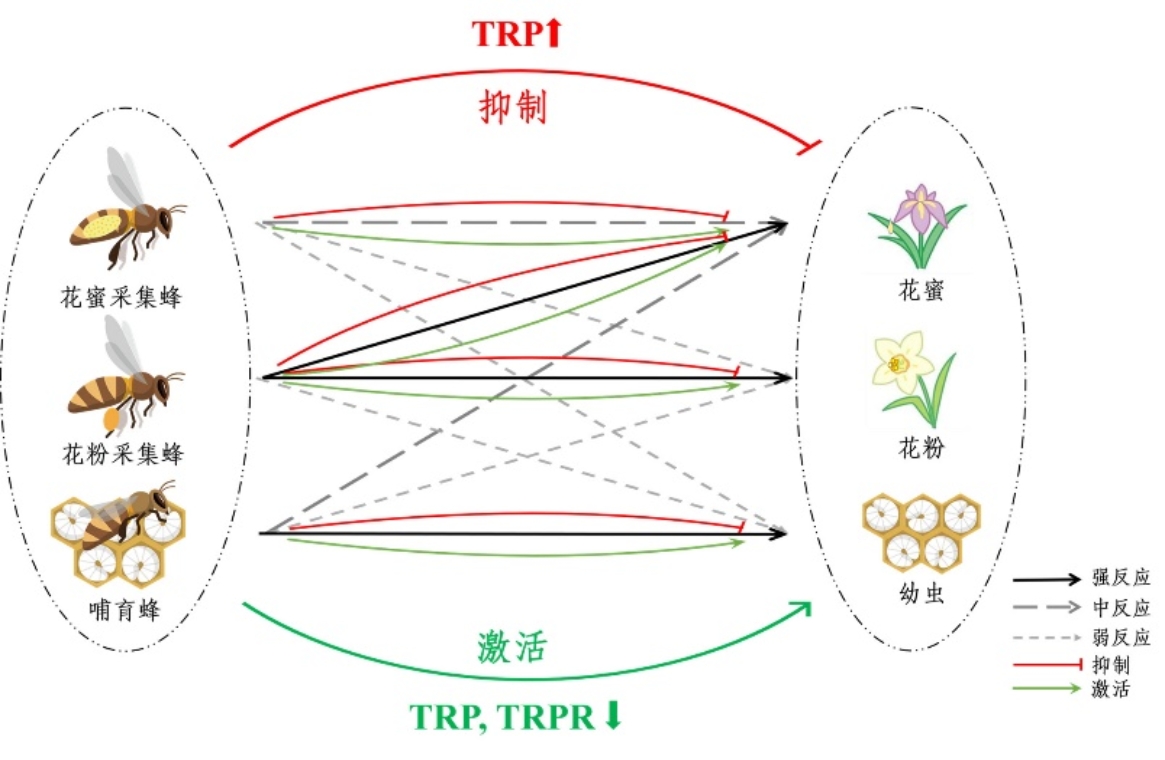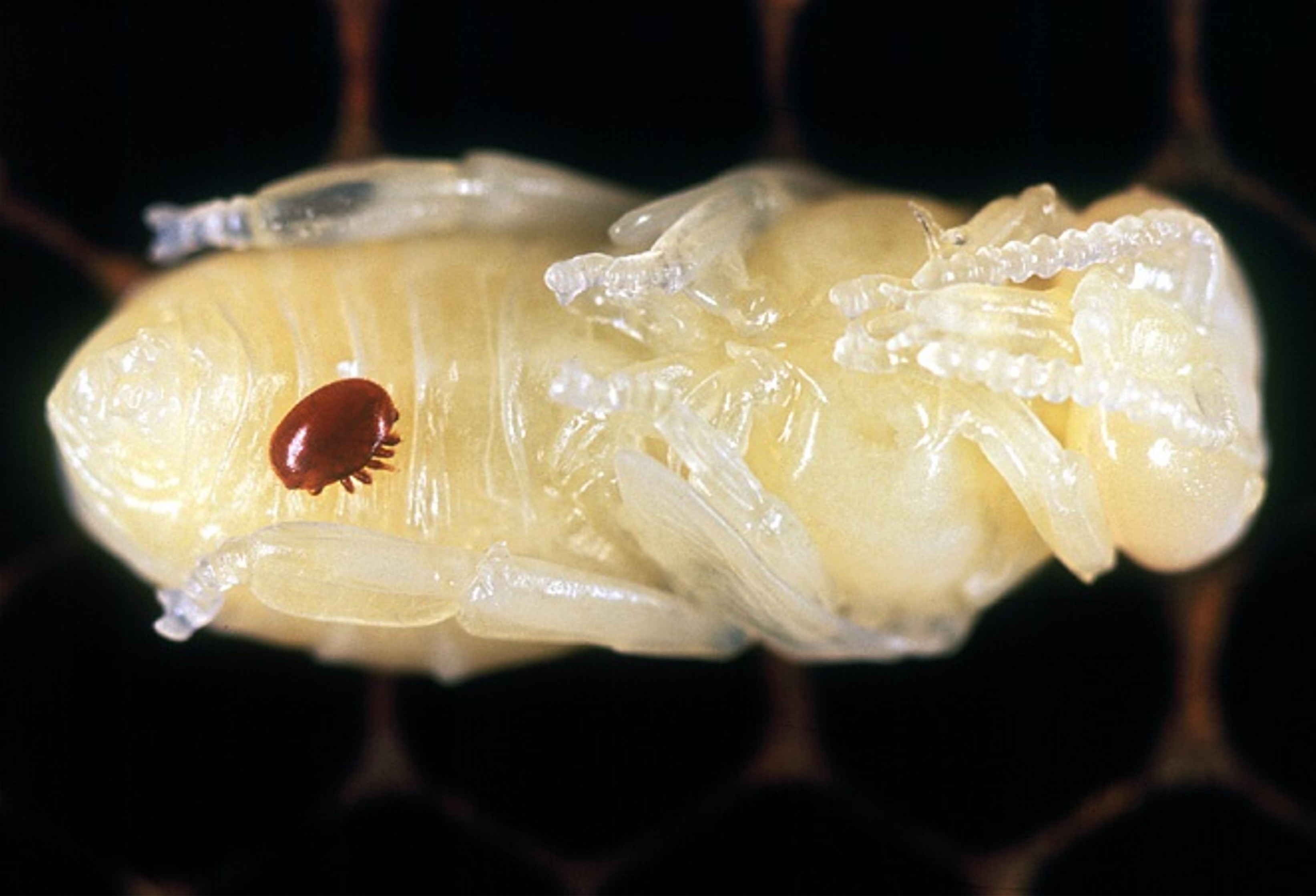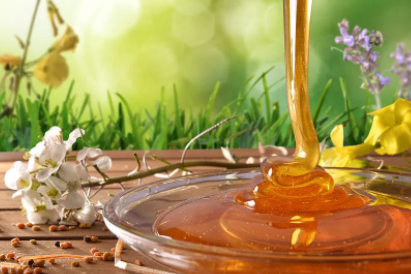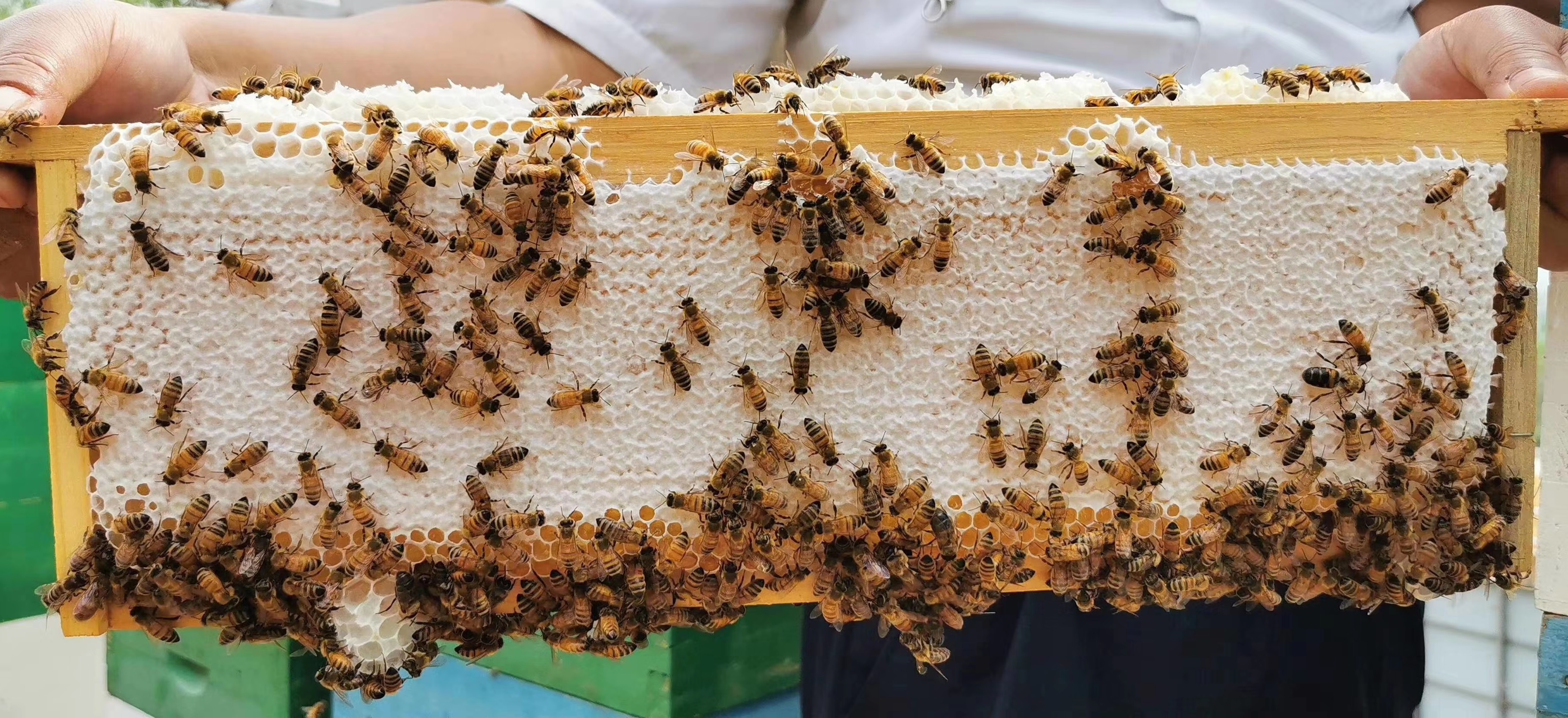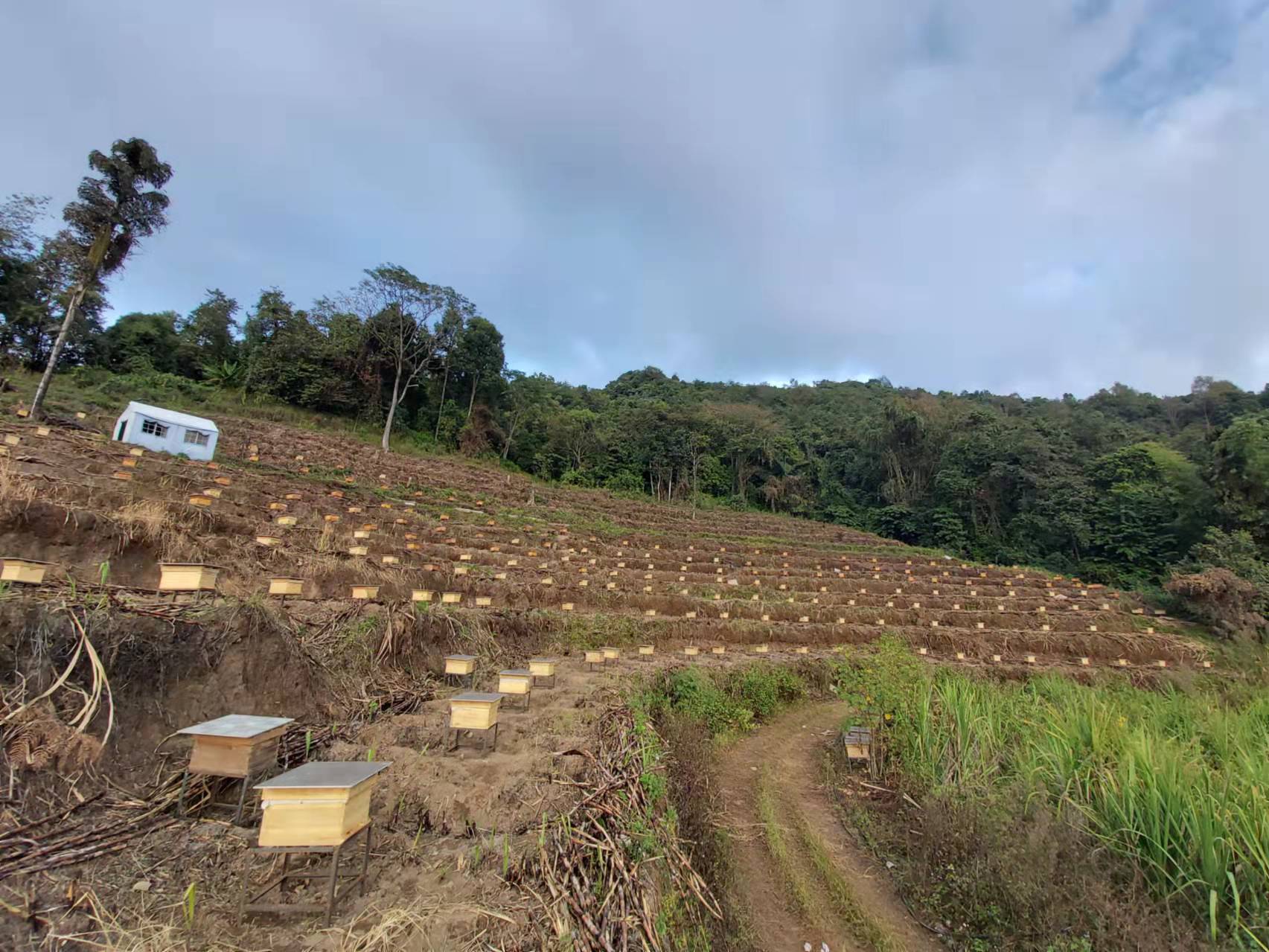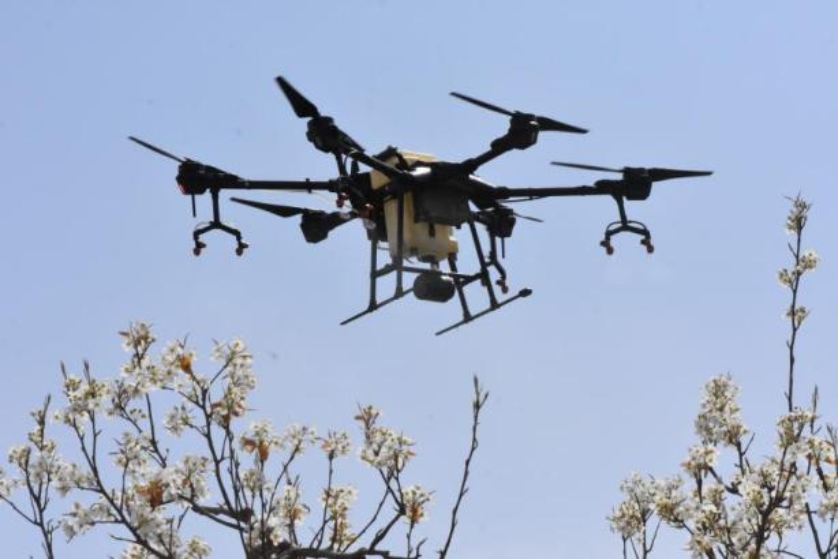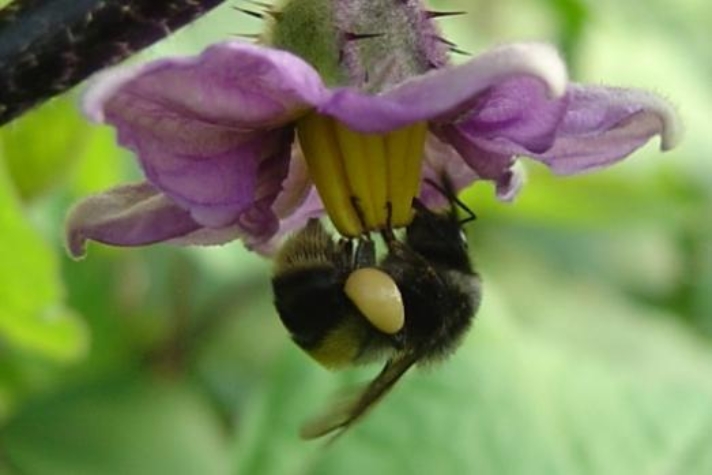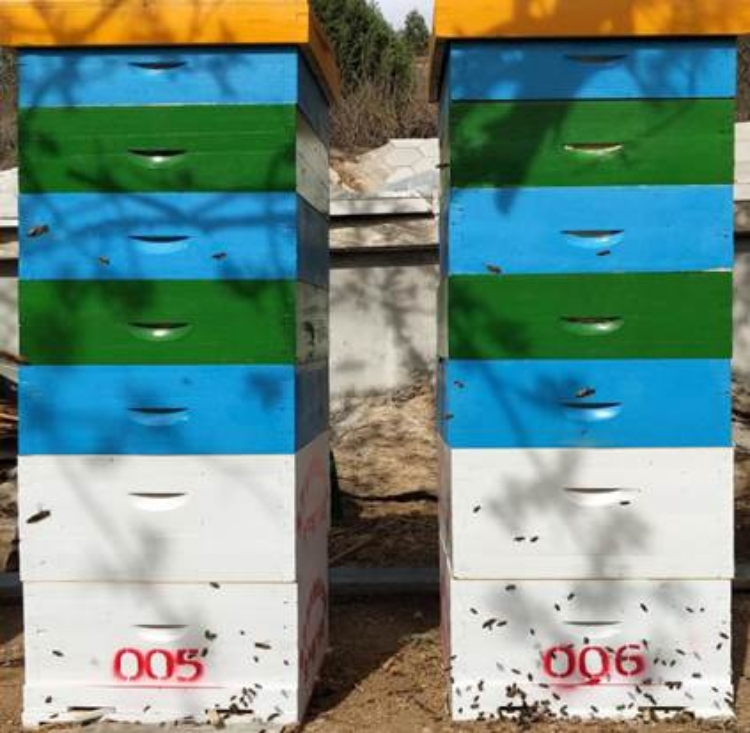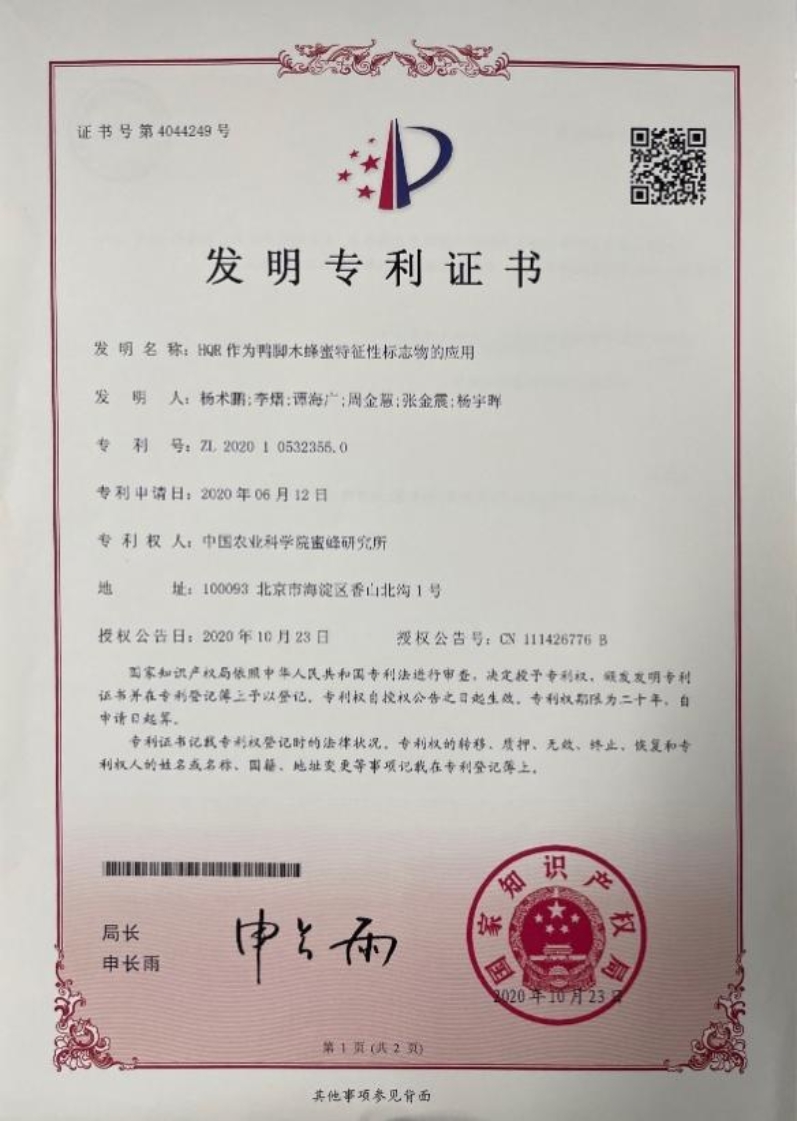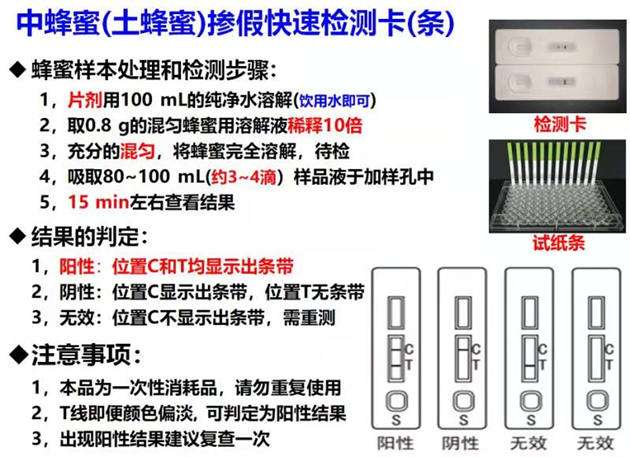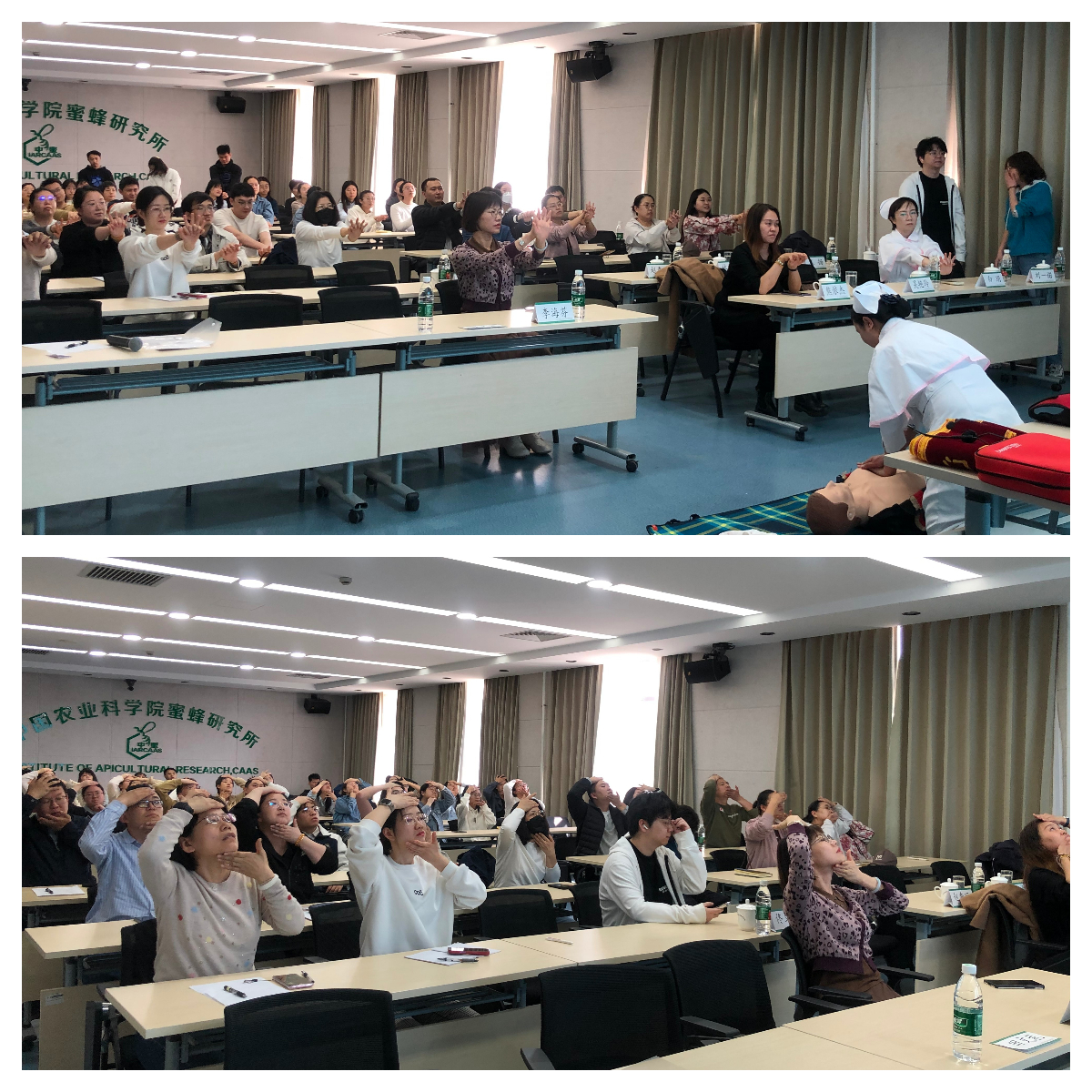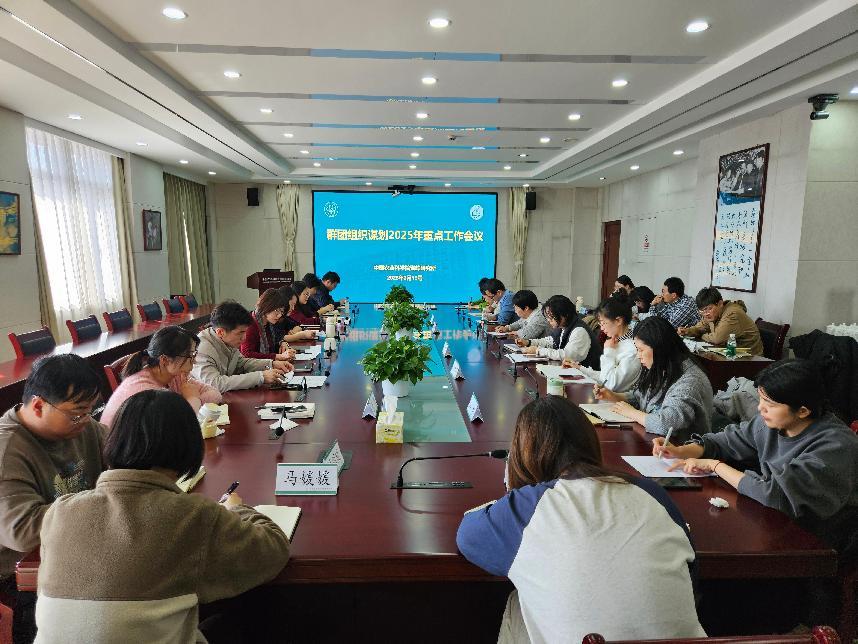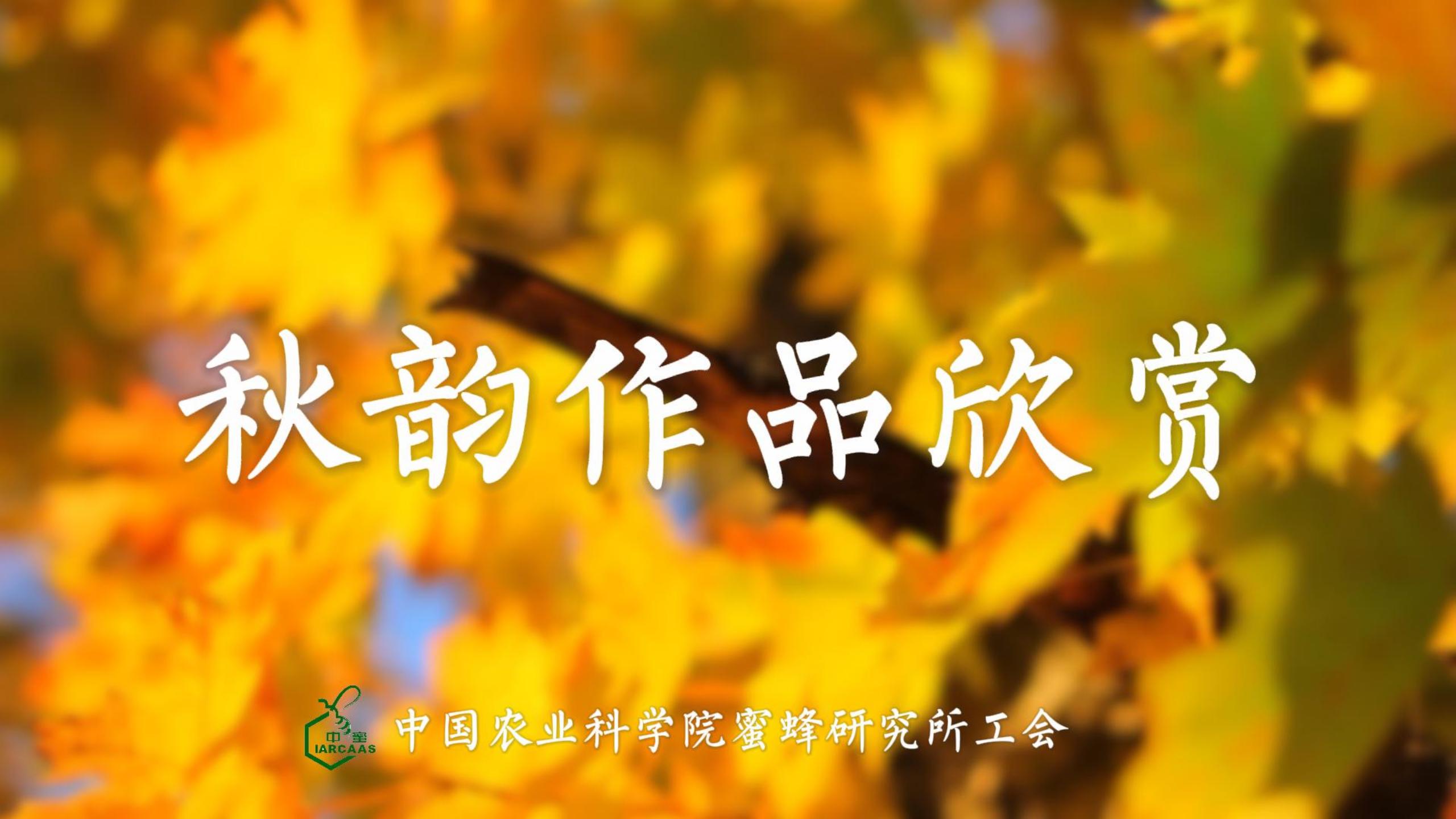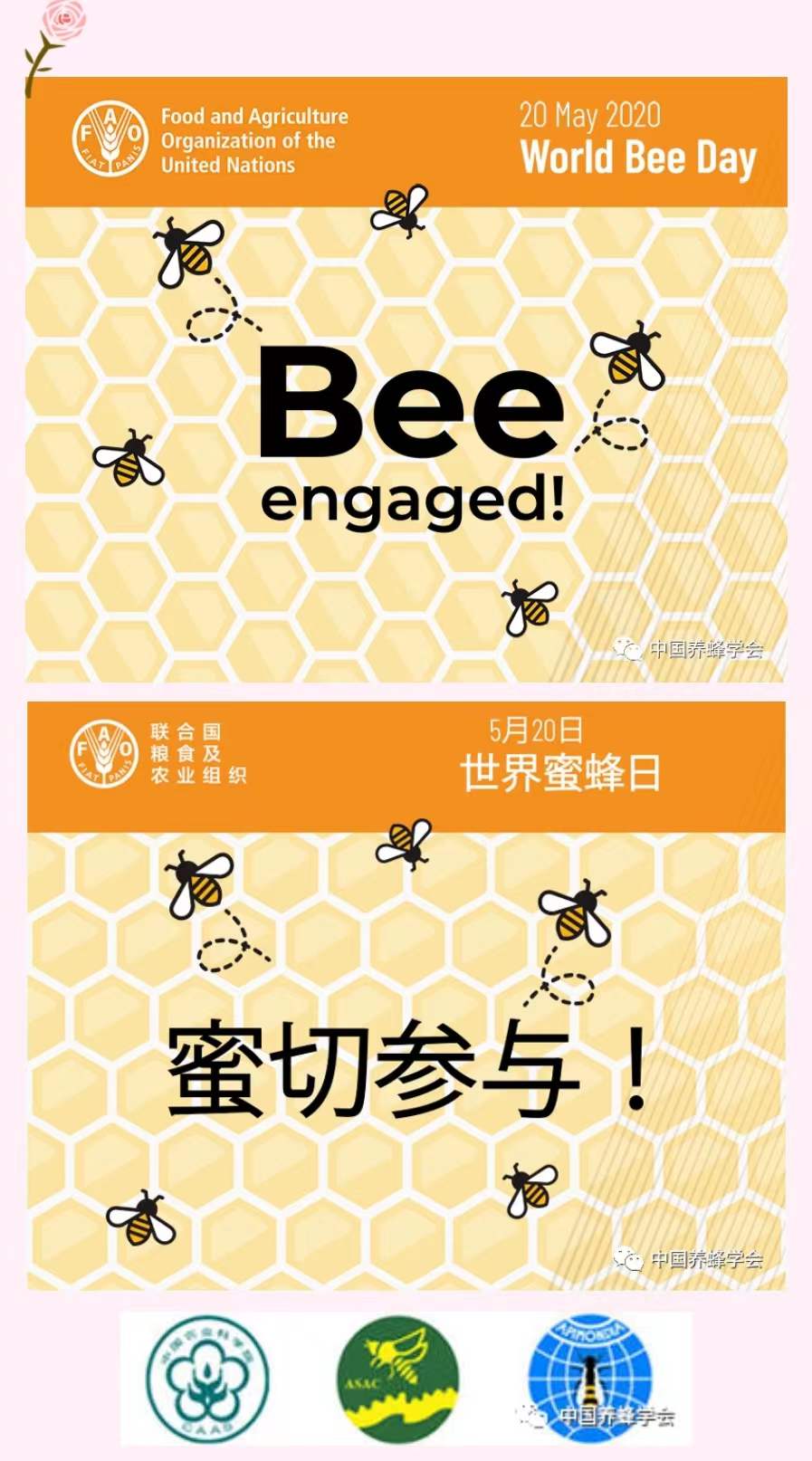
齐素贞,博士,副研究员,硕士生导师。2016年7月至今就职于中国农业科学院蜜蜂研究所,现为中国农业科学院蜜蜂研究所蜂产品质量与风险评估创新团队科研骨干。
主要研究方向为蜜蜂和蜂产品中危害因子风险监测与评估,先后主持国家自然科学基金、中央级公益性科研院所基本科研业务费专项、农业农村部华北都市农业重点实验室开放基金等课题。在国内外重要刊物上发表论文40余篇,其中以第一/通讯作者发表SCI论文20余篇(单篇最高影响因子14.224)。以第一发明人获国家发明专利授权3项,实用新型专利2项,参编著作1部。2020年被评为蜜蜂所“科研新星”。
联系方式:suzhen_qi@126.com; 010-62594643
部分代表性论文:
[1] Suzhen Qi, Yahya Al Naggar, Jiahuan Li, Zhaoyong Liu, Xiaofeng Xue, Liming Wu*, Hesham R. El-Seedi*, Kai Wang*. Acaricide flumethrin-induced sublethal risks in honeybees are associated with gut symbiotic bacterium Gilliamella apicola through microbe-host metabolic interactions. Chemosphere, 2022, 37: 136030.
[2] Suzhen Qi#, Shujun Dong#, Yazhou Zhao, Su Zhang, Yin Zhao, Zhaoyong Liu, Yun Zou, Peilong Wang*, Liming Wu. Distribution and source identification of polychlorinated naphthalenes in bees, bee pollen, and wax from China. Environmental Pollution, 2022, 314: 120225
[3] Shujun Dong#, Suzhen Qi#, Su Zhang, Yaxin Wang, Yin Zhao, Yun Zou, Yiming Luo, Peilong Wang, Liming Wu*. Short- and medium-chain chlorinated paraffins in honey from China: Distribution, source analysis, and risk assessment. Environmental Pollution, 2022, 308: 119695
[4] Kai Wang, Jiiahuan Li, Liuwei Zhao, Xiyan Mu, Chen Wang, Miao Wang, Xiaofeng Xue, Suzhen Qi⁎, Liming Wu⁎. Gut microbiota protects honey bees (Apis mellifera L.) against polystyrene microplastics exposure risks. Journal of Hazardous Materials, 2021, 402: 123828.
[5] Yueyue Liu, Chen Wang*, Suzhen Qi*, Jiang He, Yingchen Bai. The sublethal effects of ethiprole on the development, defense mechanisms, and immune pathways of honeybees (Apis mellifera L.). Environmental Geochemistry and Heath, 2021, 43: 461-473.
[6] Jiahuan Li#, Liuwei Zhao#, Suzhen Qi*, Wenting Zhao, Xiaofeng Xue, Liming Wu, Shaokang Huang*. Sublethal effects of Isoclast™ Active (50% sulfoxaflor water dispersible granules) on larval and adult worker honey bees (Apis mellifera L.). Ecotoxicology and Environmental Safety, 2021, 220:112379.
[7] Suzhen Qi#, Lizhen Zhu#, Donghui Wang, Chen Wang, Xiaofeng Xue, Liming Wu*. Flumethrin at honey-relevant levels induces physiological stresses to honey bee larvae (Apis mellifera L.) in vitro. Ecotoxicology and Environmental Safety, 2020, 190:110101.
[8] Suzhen Qi; Xinyue Niu, Donghui Wang, Chen Wang, Lizhen Zhu, Xiaofeng Xue; Liming Wu*. Flumethrin at sublethal concentrations induces stresses in adult honey bees (Apis mellifera L.). Science of the Total Environment, 2020, 700:134500.
